detail profile toshio shimamura
Peran Yang Di Mainkan Toshio Shimamura
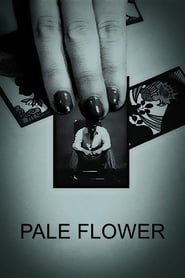 A gangster gets released from prison...
A gangster gets released from prison...Pale Flower 1964
A gangster gets released from prison and has to cope with the recent shifts of power between the gangs, while taking care of a thrill-seeking young woman, who got in bad company while gambling.
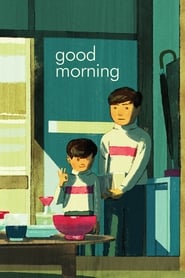 A lighthearted take on director Yasujiro...
A lighthearted take on director Yasujiro...Good Morning 1959
A lighthearted take on director Yasujiro Ozu’s perennial theme of the challenges of intergenerational relationships, Good Morning tells the story of two young boys who stop speaking in protest after their parents refuse to buy a television set. Ozu weaves a wealth of subtle gags through a family portrait as rich as those of his dramatic films, mocking the foibles of the adult world through the eyes of his child protagonists. Shot in stunning color and set in a suburb of Tokyo where housewives gossip about the neighbors’ new washing machine and unemployed husbands look for work as door-to-door salesmen, this charming comedy refashions Ozu’s own silent classic I Was Born, But . . . to gently satirize consumerism in postwar Japan.
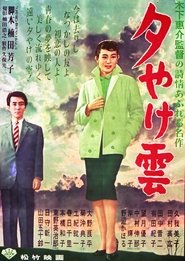 A comingofage story portrayed as the...
A comingofage story portrayed as the...Farewell to Dream 1956
A coming-of-age story portrayed as the loss of all youthful illusions. Sixteen-year-old Yoichi dreams of becoming a sailor. His parents are fishmongers, and Yoichi lives together with them and his four siblings in cramped living conditions. His beloved younger sister is given to a wealthy, childless uncle; his best friend moves away; the girl he fell in love with from afar is with someone else: little by little, Yoichi loses all the people that are important to him.
 A young Tokyo salary man and...
A young Tokyo salary man and...Early Spring 1956
A young Tokyo salary man and his wife struggle within the confines of their passionless relationship while he has an extramarital affair.
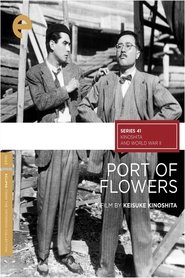 The sweet but naive denizens of...
The sweet but naive denizens of...Port of Flowers 1943
The sweet but naive denizens of a charming port town are hoodwinked by a couple of con men at the outset of World War II. But the hustlers’ plan backfires when they come down with severe cases of conscience. Keisuke Kinoshita’s directorial debut is a breezy, warmhearted, and often very funny crowd-pleaser that’s a testament to the filmmaker’s faith in people.

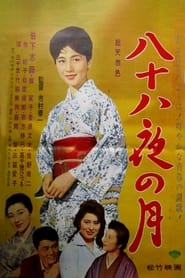
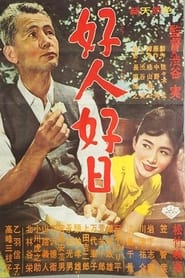 The university professor Ozeki Hitoshi Ryu...
The university professor Ozeki Hitoshi Ryu...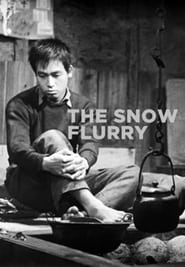 After surviving the double suicide pact...
After surviving the double suicide pact...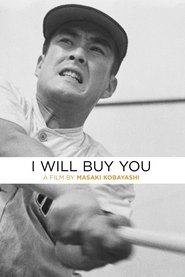 A talent scout moves sharply deadset...
A talent scout moves sharply deadset... A group of rankandfile Japanese soldiers...
A group of rankandfile Japanese soldiers...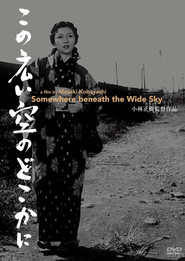 This drama of middleclass life in...
This drama of middleclass life in...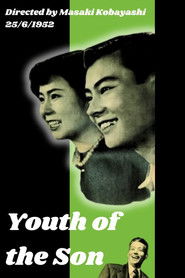 The story of a father and...
The story of a father and...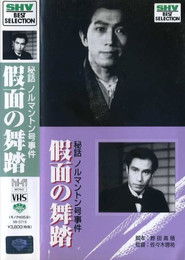 Japanese propaganda film about the Normanton...
Japanese propaganda film about the Normanton...